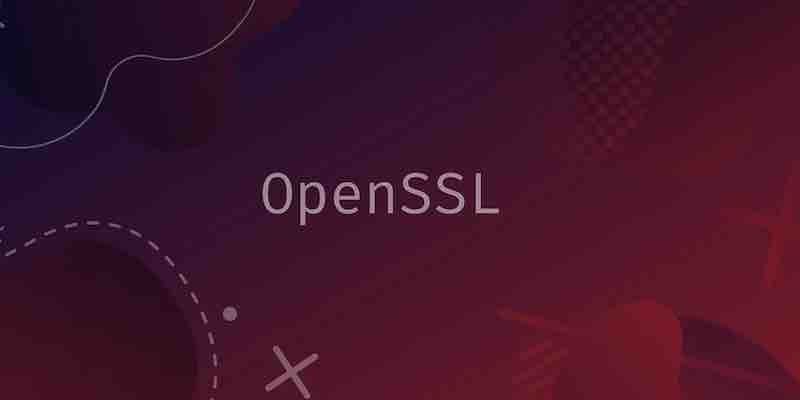Encryption and decryption with OpenSSL

This tutorial shows how to use OpenSSL in Linux systems (Kali in the video) for symmetric and asymmetric encryption and decryption.
OpenSSL is a free and open-source toolkit that provides a robust, commercial-grade, full-featured toolkit for general-purpose cryptography and secure communication. Internet servers, including most HTTPS websites, widely use it.
OpenSSL contains an open-source implementation of the SSL and TLS protocols. The core library, written in the C programming language, implements essential cryptographic functions and provides various utility functions. OpenSSL also includes several command-line tools that can perform multiple cryptographic tasks, such as generating keys, encrypting and decrypting data, and verifying digital signatures.
OpenSSL is available for most Unix-like operating systems (including Linux, macOS, and BSD), Microsoft Windows, and OpenVMS. It is also known as a Docker image.
Here are some of the features of OpenSSL:
- SSL/TLS implementation: OpenSSL provides an open-source implementation of the SSL and TLS protocols. These protocols are used to secure web traffic and other network communications.
- Cryptographic functions: OpenSSL includes several cryptographic processes, such as encryption, decryption, hashing, and digital signatures. These functions can be used to protect data from unauthorized access.
- Command-line tools: OpenSSL includes several command-line tools that perform various cryptographic tasks. These tools can generate keys, encrypt and decrypt data, and verify digital signatures.
- Cross-platform: OpenSSL is available for most Unix-like operating systems, Microsoft Windows, and OpenVMS. This makes it a versatile tool that can be used on various platforms.
OpenSSL is a powerful tool that can be used to protect data and secure network communications. It is a widely used tool that many organizations trust.
Here are some of the benefits of using OpenSSL:
- It is free and open-source.
- It is widely used and trusted.
- It is cross-platform.
- It is powerful and versatile.